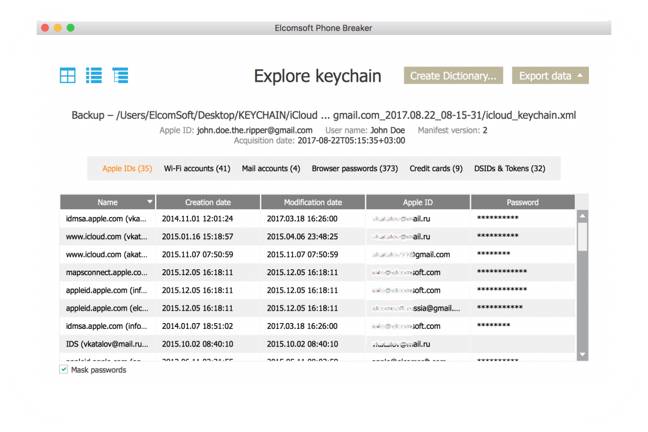The US Department of Justice has eased up in its legal fight against hosting company DreamHost, saying it no longer wants all IP logs associated with a Trump protest site.
Following a hearing earlier this week in which DreamHost argued that the expansive request for information related to the disruptj20.org site was too broad and broke the First and Fourth Amendments, government lawyers claim they had no idea that the information requested was so broad.
“The government values and respects the First Amendment right of all Americans to participate in peaceful political protests and to read protected political expression online,” it states [PDF].
“This Warrant has nothing to do with that right. The Warrant is focused on evidence of the planning, coordination and participation in a criminal act – that is, a premeditated riot. The First Amendment does not protect violent, criminal conduct such as this.”
DreamHost went public with its concerns last week, noting that handing over the amount of information requested – basically anyone who visited the site – was tantamount to political persecution. “The Search Warrant not only aims to identify the political dissidents of the current administration, but attempts to identify and understand what content each of these dissidents viewed on the website,” it argued.
The DoJ’s response paints DreamHost’s stance as borderline hysterical. It argues that it had no idea of the extent of the information and that DreamHost did not make it clear to the government what it held.
It particular, DreamHost noted publicly that it had 1.3 million IP addresses of visitors, emails associated with people who used the site for legal advice, membership lists, draft blog posts and several thousand images, some published and some not.
Oooh, that’s a lot
“These additional facts were unknown to the government at the time it applied for and obtained the Warrant,” the DoJ filing states. “Consequently, the government could not exclude from the scope of the Warrant what it did not know existed.”
It is not interested in any information that is not relevant to ongoing criminal investigations against protestors, the DoJ claims. “The government is focused on the use of the Website to organize, to plan, and to effect a criminal act – that is, a riot. The government has no interest in seizing data from the Website that does not relate to this limited purpose.” And that includes “their political views” and the “lawful activities of peaceful protesters.”
The DoJ also explains why it served the search warrant following a more precise one that had been served six months earlier:
The website was not just a means to publicly disseminate information (as many websites are designed to do), but was also used to coordinate and to privately communicate among a focused group of people whose intent included planned violence. For example, as shown in the affidavit, the site was even used to verify the identity of people in closely held meetings that were not open to the media or public, where organizers required attendees to log into the website to prove their credentials.
That is a reasonable motive to want additional information from DreamHost. And it is fair to assume that despite unprecedented recent efforts by the White House to impose itself on the Department of Justice’s traditional autonomy, we have yet to reach the point where the DoJ is using its extraordinary powers to gather political intelligence on the Trump Administration’s political opponents.
However, the DoJ’s search warrant was inexcusably broad and DreamHost has greeted the response as “a huge win for internet privacy.”
That is not the end of the matter, however. The DoJ still wants records related to what it suspects was the planned coordination of illegal acts. It has slightly limited the request to a six-month window ending on the day of the protest itself, to “subscribers” of the site as opposed to simple visitors, and it has said it does not want draft blog posts or images.
In other words, it doesn’t want to potentially unmask more than a million netizens via their IP addresses, but it still wants details on folks who used the website to organize.
Hammers
In its filing, the DoJ notes: “The rioters – some of them armed with hammers, crow bars, wooden sticks and other weapons – moved as a cohesive unit for approximately thirty minutes, traveling more than a dozen city blocks, as individual participants engaged in violence and destruction that caused hundreds of thousands of dollars’ worth of property damage and left civilians and officers injured.”
While the DoJ has narrowed its request for information, it still wants the search warrant carried out and will keep pushing through the courts to get it. DreamHost is happy with a narrowed request but notes that “there are still a few issues that we consider to be problematic for a number of reasons.”
It doesn’t state exactly what those issues are, but does say it is preparing another filing “to address the remaining First and Fourth Amendment issues raised by this warrant.” Another hearing on the matter is scheduled for Thursday in Washington DC. ®
Sponsored:
The Joy and Pain of Buying IT – Have Your Say
Article source: http://go.theregister.com/feed/www.theregister.co.uk/2017/08/23/doj_narrows_protest_website_info_grab/
